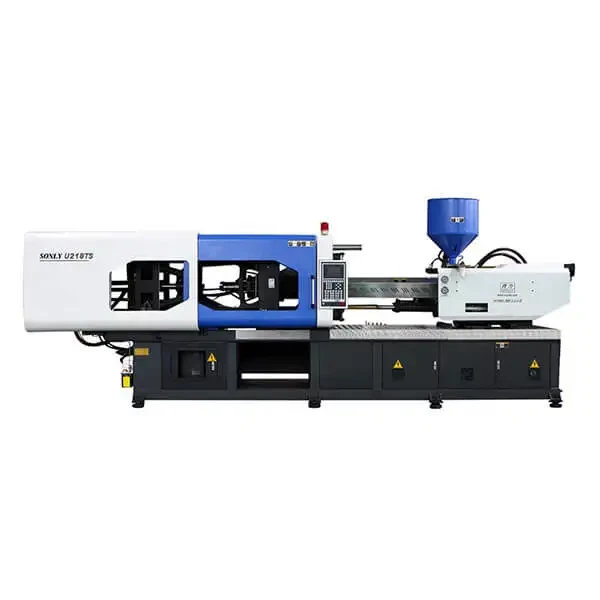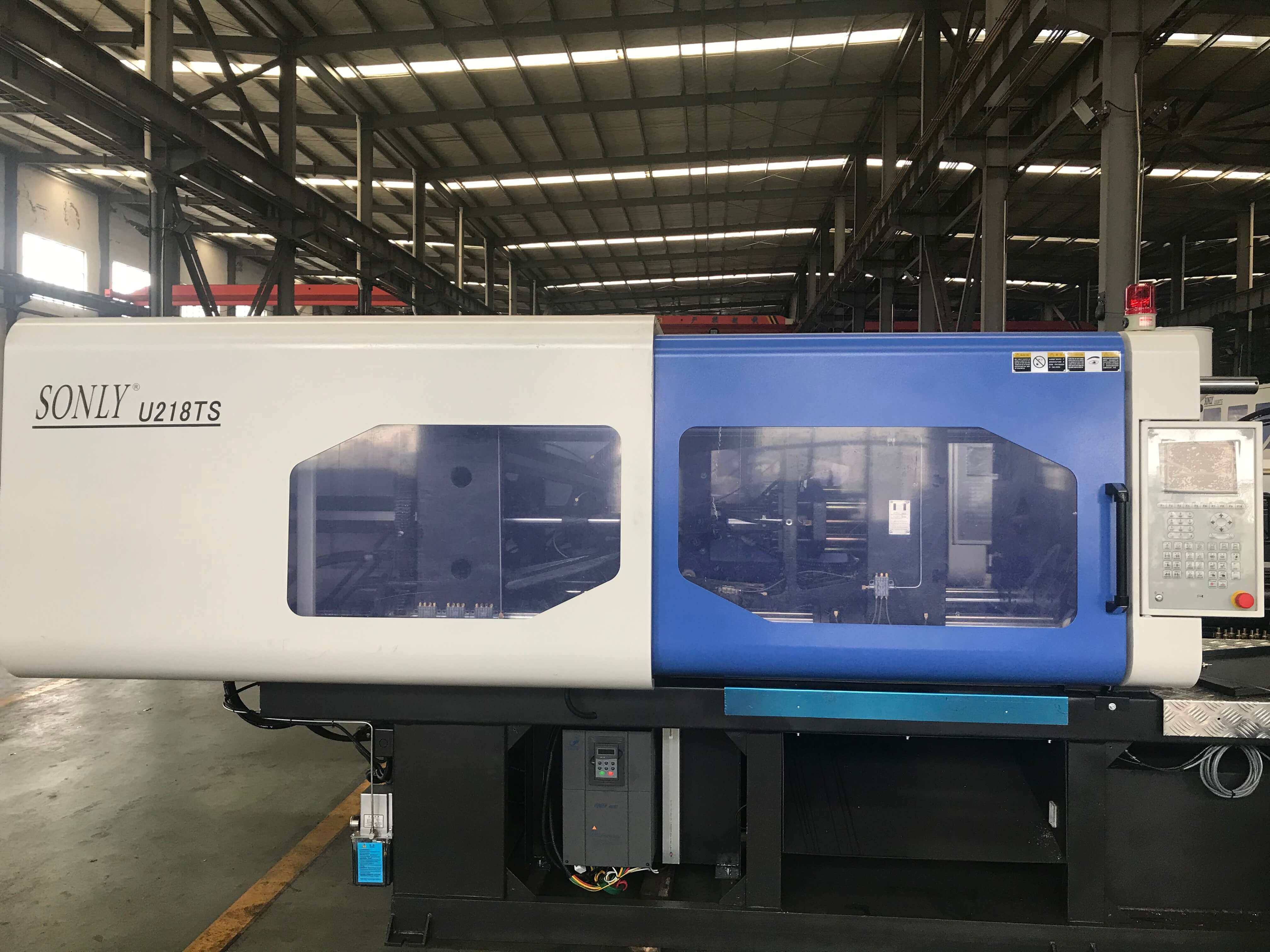As technology continues to advance, the world of industrial automation is rapidly evolving. One of the most exciting developments in this field is the emergence of servo system technology. Servo systems are advanced control systems that use feedback mechanisms to precisely control the movement of machines and equipment. They are becoming increasingly popular in a wide range of industries, from manufacturing and robotics to aerospace and automotive.
So, what exactly is a servo system? At its core, a servo system is a closed-loop control system that uses feedback to maintain a desired output. In other words, it constantly monitors the output of a machine or system and adjusts the input to ensure that the output remains within a specified range. This makes servo systems incredibly precise and accurate, which is why they are so valuable in industrial automation.
One of the key benefits of servo system technology is its ability to improve efficiency and productivity. By precisely controlling the movement of machines and equipment, servo systems can reduce waste, minimize downtime, and increase throughput. This can lead to significant cost savings for businesses, as well as improved product quality and customer satisfaction.
Another advantage of servo systems is their flexibility. They can be used in a wide range of applications, from simple positioning tasks to complex motion control systems. They can also be easily integrated with other automation technologies, such as robotics and machine vision, to create highly advanced and sophisticated systems.
Looking to the future, it’s clear that servo system technology will continue to play a major role in industrial automation. As the demand for precision and efficiency increases, more and more businesses will turn to servo systems to meet their needs. This will drive further innovation in the field, leading to even more advanced and sophisticated systems.
Conclusion
Servo system technology is a game-changer for industrial automation. Its precision, efficiency, and flexibility make it an ideal solution for a wide range of applications, and its potential for future development is virtually limitless. As businesses continue to seek out ways to improve their operations and stay competitive in a rapidly changing world, servo systems will undoubtedly play a key role in their success.


